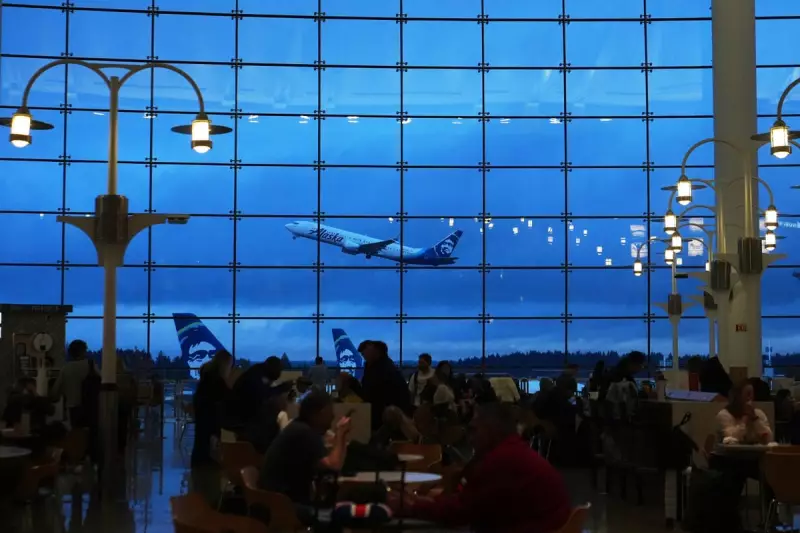
Oil giant BP has successfully located the source of a leak in a critical Pacific Northwest pipeline system, enabling the restoration of jet fuel deliveries to Seattle-Tacoma International Airport just days before the busy Thanksgiving travel period.
Emergency Response and Leak Discovery
The 400-mile-long Olympic Pipeline, which serves as the primary artery for transporting gasoline, diesel, jet fuel and other petroleum products across the region, was shut down completely on November 17 following intermittent closures. The initial alert came when a farmer detected a gas sheen in a drainage ditch on a blueberry farm near Everett, north of Seattle, on November 11.
This development prompted Washington Governor Bob Ferguson to declare an emergency last week, temporarily relaxing restrictions on truck drivers' working hours to facilitate road deliveries of fuel to Sea-Tac. Oregon Governor Tina Kotek implemented similar measures on Monday.
BP crews made the crucial breakthrough late Monday after excavating an area where two parallel pipes run alongside each other—one carrying gasoline and another transporting jet fuel. The company confirmed the leak originated from the gasoline pipeline, allowing them to safely restart the jet fuel line serving the airport while developing a repair strategy for the affected gas pipeline.
Environmental Record and Regulatory Scrutiny
Separately, Washington state regulators announced they were fining BP $3.8 million for a 2023 spill from the same pipeline system near Conway, north of Seattle. That incident resulted in 25,000 gallons (95,000 litres) of fuel contaminating nearby streams and wetlands.
The state's Ecology Department revealed on Monday that the 2023 leak was caused by a corroded carbon-steel nut on a pipeline pressure monitoring assembly. Department officials noted that BP's inspections had failed to identify the problematic component, despite the known corrosion risks associated with such materials.
The department is seeking more than $4.6 million from BP for that spill—comprising the $3.8 million penalty plus $822,000 in response costs. The company has until December 18 to appeal the decision and stated it is currently reviewing the department's findings.
Travel Impacts and Safety Concerns
Washington Senator Maria Cantwell welcomed the pipeline restoration, noting that "it will take a couple of days to replenish fuel reserves at the airport, but early indications suggest that travel will not be impacted." However, she emphasised that "this is why we need strong pipeline safety oversight and better leak detection technology."
In a letter to BP last week, Senator Cantwell raised serious questions about the company's inspection and maintenance protocols, pointing out that a blueberry farmer had detected the leak before BP's monitoring systems.
Both Delta and Alaska Airlines, which had been forced to add fuel stops to some flights during the disruption, confirmed they were resuming normal operations while continuing to supplement with trucked-in fuel until airport reserves are fully restored.
The Olympic Pipeline has experienced multiple leaks throughout its history, most notably a 1999 fireball in Bellingham, Washington that claimed three young lives and prompted significant reforms to federal pipeline regulations.
BP stated that responders have deployed recovery equipment to contain and clean up the current spill, with no gasoline observed beyond the immediate response area. The company and officials are still assessing the total volume of gasoline that leaked.





